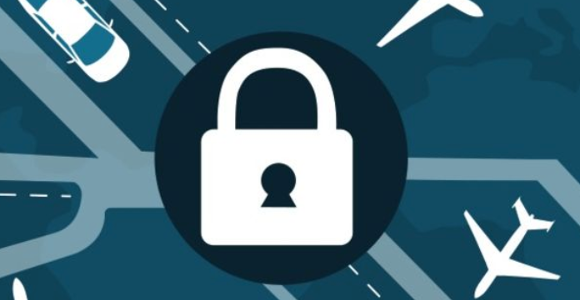It’s vital to protect any sensitive data that you store, use, or share online. This data includes bank account passwords, emails, and personal information you share on social media. The importance of safeguarding data for businesses is well-known, but it’s equally important at an individual level to practice good data security. Read on to find out about seven ways to effectively safeguard your personal data.
1. Automatically Update Software
Developers often release updates for software to address security vulnerabilities. Continuing to use vulnerable, outdated software versions on your laptop or computer exposes you to the risk of a cyber attack. The most prudent way to prevent cyber attacks caused by running vulnerable software versions is to enable automatic updates. Switching on automatic updates lets your software connect to the Internet, check for updates, and automatically install the latest versions.
2. Use Secure Cloud Storage Services
Backing up your personal data is always a good idea. If you fall victim to a particularly nasty computer virus or worm attack, it’s possible to lose the entire contents of your hard drive. Use a cloud storage service to backup your personal documents, photos, and other media. When choosing a cloud storage service, always opt for a service provider that focuses on security. Look for storage solutions that can encrypt your files locally before transferring them to the cloud.
3. Regularly Audit Your Mobile App Privacy Settings
There are many different types of mobile apps now available for smartphones, and it can be easy to lose track of all the different apps you’ve installed on your device. Each app you install on your phone has its own privacy settings that determine the files and information it can access. It’s a good idea to regularly audit the privacy settings for every app on your phone and make sure they’re only accessing information or files that they strictly need to function properly.
4. Use Different Passwords for Different Services
Try to avoid using the same password across multiple services. If someone gets the password you use to log in to a fitness app, you might think nothing of it until they use the same password to hack into your email account and compromise your personal information. Remembering a bunch of different passwords for several online services is challenging–regularly typing the passwords and logging into different services helps you remember them better.
5. Review Bank Statements Periodically
If you use online banking or you buy items online with a credit or debit card, it’s important to periodically review your bank statements and look for suspicious transactions. When cybercriminals gain access to bank accounts, they’ll often try to mask their fraudulent activities by making small purchases and hoping you don’t notice them. If you notice a suspicious transaction while looking through your bank statements, notify your bank immediately.
6. Reduce Your Social Media Digital Footprint
Your digital footprint is a trail of information you leave online while using the Internet. On social media, your digital footprint can include your name, the school you attended, your workplace, the name of your pet, and even your address. Keep your social media digital footprint to a minimum by only sharing your name. Consider enforcing the strictest privacy settings on your profile so that only your connections can view your profile.
7. Be Careful When Using Public Wi-Fi
Public Wi-Fi networks are available at coffee shops, libraries, airports, and more. It can be tempting to check your bank balance or make an online purchase while using public networks, but it is not a good idea to do so. Hackers regularly target public Wi-Fi connections because they are often unsecured. Using these networks for sensitive transactions is a risky choice that has a high probability of data compromise. Limit your activity on public networks to reading the news.
Conclusion
Regularly applying these tips can save you a lot of hassle and a lot of money. Cyber criminals know that stealing data is a profitable way to make money online, and the barriers to entry are low. With cyber attacks on the rise, it’s important to take responsibility for securing your personal data.
